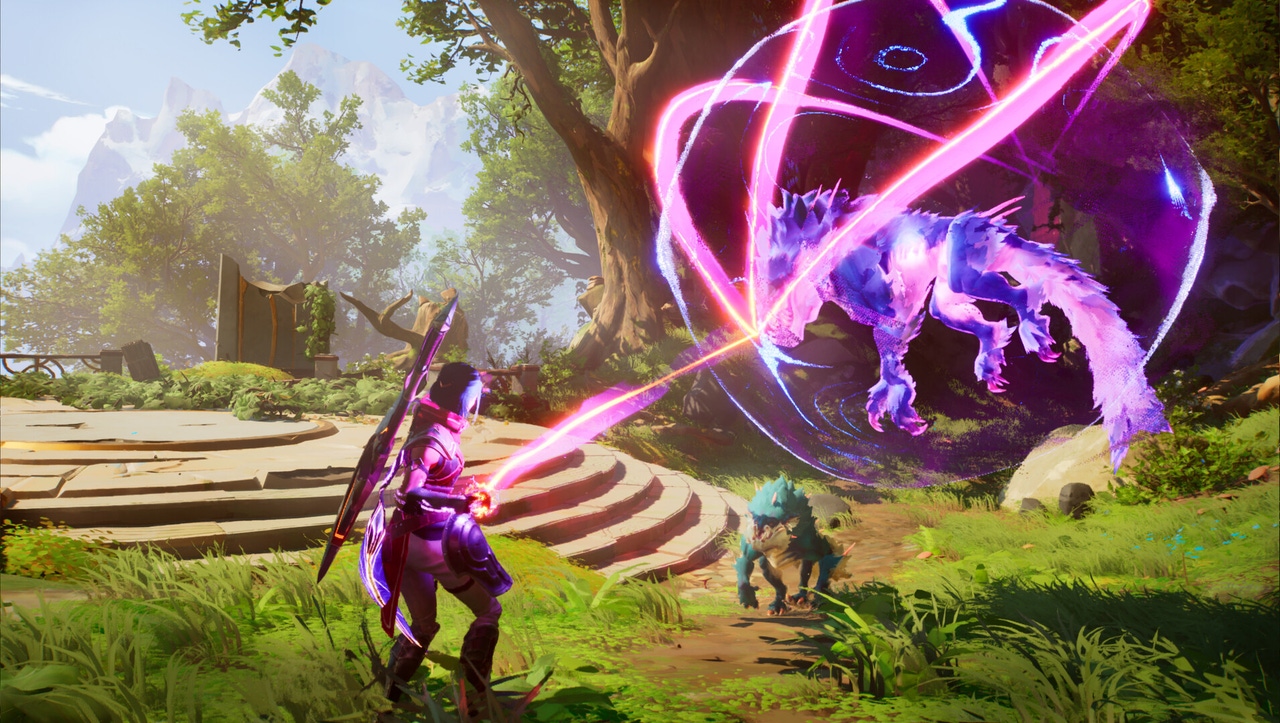Trending
Opinion: How will Project 2025 impact game developers?
The Heritage Foundation's manifesto for the possible next administration could do great harm to many, including large portions of the game development community.
Smaller teams, bigger potential success.

The recent boom of indie studios spun up by longtime game developers has come with many pluses, including a greater degree of freedom compared to their larger triple-A brethren. Now, some veteran creators are saying this freedom provides an opportunity for their game to be more eye-catching and successful.
Several developers talked to Bloomberg about the benefits of their smaller teams. Reduced development friction development has been a big pro for many. Nate Purkeypile, an artist on Bethesda's Starfield and the recently released The Axis Unseen, noted big productions "[are] not necessarily enjoyable for a lot of people. You’re very much a cog in the machine."
Development budgets for games have become a greater talking point, thanks in part to the deluge of industry layoffs throughout the past two years. Many triple-A titles cost a few hundred million dollars to make, and not all of them recoup that money, leading to reductions and shutdowns like those at Concord developer Firewalk Studios.
Earlier in October, former PlayStation boss Shawn Layden lamented the death of the double-A genre, a niche some of these small studios may be aiming to fill. Whenever an alum from a big studio founds their own team, a common refrain is the desire to take a less-intensive approach to development.
Renee Gittins, an alumni board chair for the International Game Developers Association, echoed that sentiment. Those smaller studios, she said, "are not burdened by stockholder expectations, who have little regard for the ebb and flow of game development costs and profits. [They can] take greater risks and have lower overhead."
Konrad Tomaszkiewicz, who founded Rebel Wolves in 2022, has previously said his studio provided him with "every-day contact with the rest of the team," something he said he missed as CD Projekt Red grew into a larger outfit. At the time of Rebel's announcement, he said he planned to cap the team's headcount at 80 people.
Many of the developers Bloomberg spoke to also cited clearer communication as another positive. BioWare alum Mike Laidlaw said his 50-person team at Yellow Brick Games has "a lot more personal" relationships and communication. Mistwalker's Hironobu Sakaguchi further advocated for smaller teams, saying direct discussions "[are] for me what creates a really cool environment."
Some of 2024's biggest games have been Pacific Drive and Manor Lords, which feel like they were specifically authored by their respective creator. Heather Cerlan, another Starfield alum, also pointed how in this day and age players are showing clear interest in titles "made by developers that are intimately familiar with the project."
Bloomberg's full report on the growing slate of veteran-led indie studios can be read here.
You May Also Like